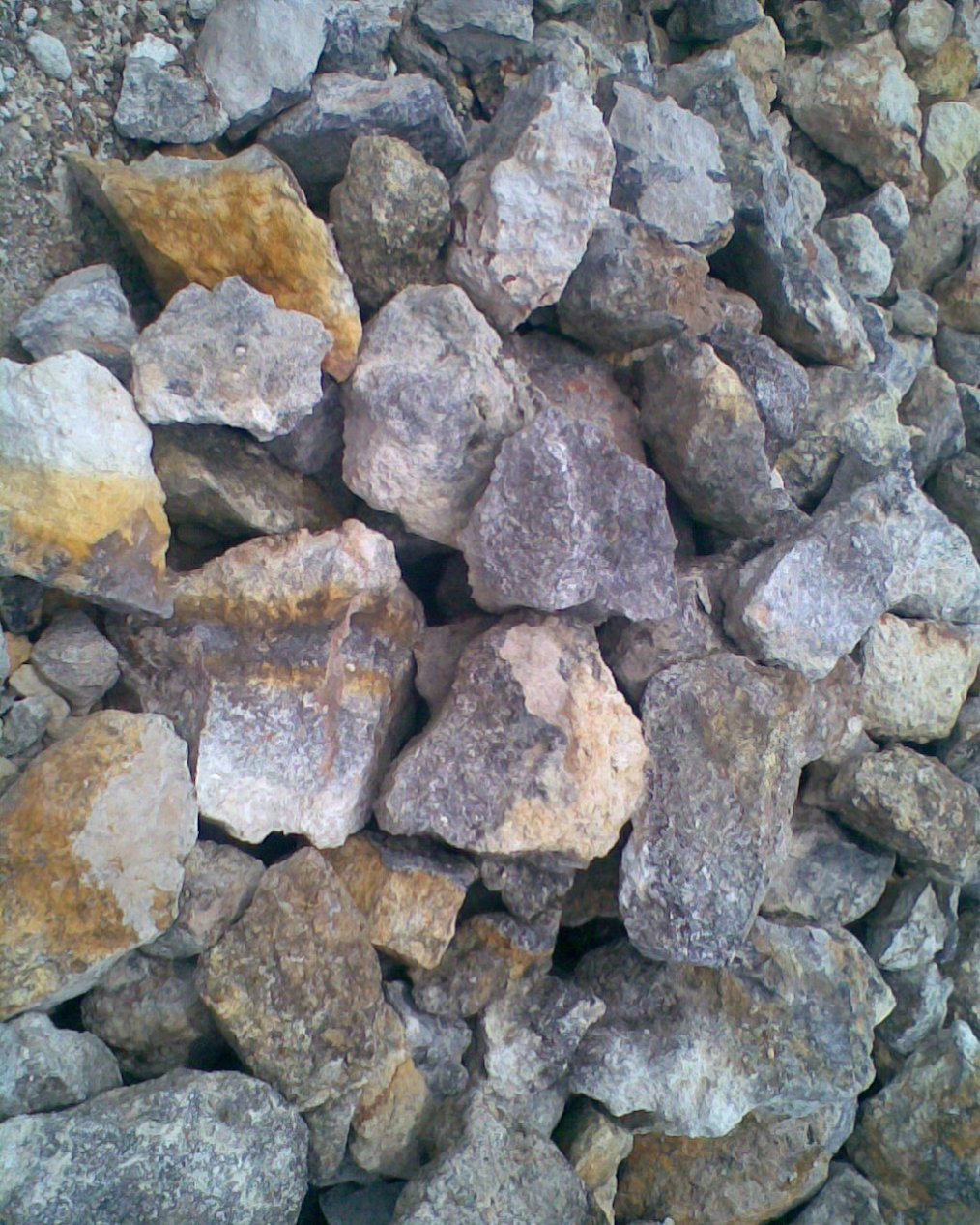What is Guano Phosphate offering?
Our main fertilizer product is Guano Phosphate origin of Java Indonesia. This is a natural phosphorus rich fertilizer that combines the benefits of some fast availability with a steady release of phosphorus to better match plant needs.
Guano phosphate was precipitated minerals derived from the remains of sea life items such as bird droppings, bones, egg shells were piled into fossil seabirds. After thousands of years of heat and the process of leaching by rainwater causing elements and react with dissolved phosphate rock beneath the limestone is generally derived from marine life (coral reefs) and has become the land that eventually became Guano Phosphate minerals with the chemical makeup of the rock apatite Ca 10 (PO 4) 6 (F, Cl, OH) 2; Flour apatite Ca 10F2 (PO4) 6; Francolite Ca 10F2 (PO4) CaCO3 and various other chemical bonds.
Our Guano is derived from natural deposits of Guano phosphate from Indonesia. It is a 100% natural product that is mined on the Islands of Java. These deposits occur only in hot tropical regions of the world where the deposits from millions of sea birds have accumulated over millions of years. Our Guano is the product of the decomposition of accumulated sea bird droppings, carcasses, shells and animal bones. Comprising mainly dicalcium phosphate, Our Guano has been found to provide available phosphate throughout the year whilst continuously stimulating microbial activity in the soil.
Why is Phosphorus Important?
Phosphorus carries out many essential roles in all living organisms. It is integral to DNA, several enzyme systems and plays an active role in energy accumulation (e.g. photosynthesis), storage and use.
Plants: Phosphorus is usually the third most common mineral element in plants (behind calcium and potassium) and is one of the three major elements from the “NPK” term in fertilizer. It is commonly the main mineral element limiting production in soil farming systems. Nitrogen is not a mineral but is a major element essential for all organisms and often in short supply in farming. Phosphorus is a major requirement for legume plants to fix (or make available) nitrogen in the soil.
Animals: In addition to the roles mentioned above, vertebrate animals including humans require phosphorus for bones and teeth. Phosphorus is one of the most abundant minerals in these animals (second only to calcium).
What advantages has Guano Phosphate have compared with other P fertilizer?
Guano phosphate has primarily phosphate in the dicalcium form. This is not water soluble so doesn’t all release at once. The dicalcicium phosphate is soluble in the presence of weak acids like citric acid. This means that plant roots and mycorhizae (fungi in association with plant roots) are able to easily access the phosphorus. It is also available to other soil life to the benefit of soil biological activity.
The monocalcic phosphate form of superphosphate and the phosphate form in DAP (di-ammonium phosphate) fertilizers are water soluble. The phosphate thus can go immediately into solution in the soil. This can potentially lead to excess uptake of phosphorus by plants as they cannot completely control the balance of nutrients that they uptake. It also affects the balance with other elements present in the soil solution potentially reducing the availability and uptake of major elements like calcium and trace elements like copper and zinc. In turn the excess phosphorus can affect the nutrient balance in livestock grazing affected pasture and the amount of phosphorus that could be wasted or held up from nutrient cycling in dung.
Benefits for Biological Farming
Biological Farming is gaining ground worldwide. Proponents often talk about going “beyond organics” in terms of achieving high production with a strong emphasis on quality of produce through paying attention to biological systems in the soil and farm in general. We see Natural Guano Phosphate as offering significant benefits to Biological Farmers. The following article expands on our view;
They can also benefit from the following attributes of Natural Guano Phosphate:
Soil Biology
The lack of an excess release of phosphorus can be beneficial for soil biology. Mycorrhizae (fungi in association with plant roots that improve phosphorus, general mineral and water uptake) are limited by high phosphorus levels in soil solution. Earthworms benefit from the calcium released from guano phosphate and calcium availability to earthworms can also be improved if phosphorus is not released in excess.
Nutrient Balance
An important tenant in Biological Farming is achieving a Nutrient Balance and also in having good Calcium availability. The steady release of phosphorus and the liming effect of Viafos Natural Guano Phosphate fit this aim.
Trace Elements
Silicon is an element of increasing interest in soil science. While there is still research required to better understand the significance of this element for agricultural production,
Biological Farming proponents see value in this element for strengthening plant cells, aiding resistance to pests and diseases and generally improving nutrient uptake and plant quality and productivity. Natural Guano Phosphate has excellent levels of silicon and other trace elements while having comparably low levels of potential negative heavy metals (like mercury, cadmium and lead) and a low level of fluoride.


One thought on “GUANO of JAVA INDONESIA”